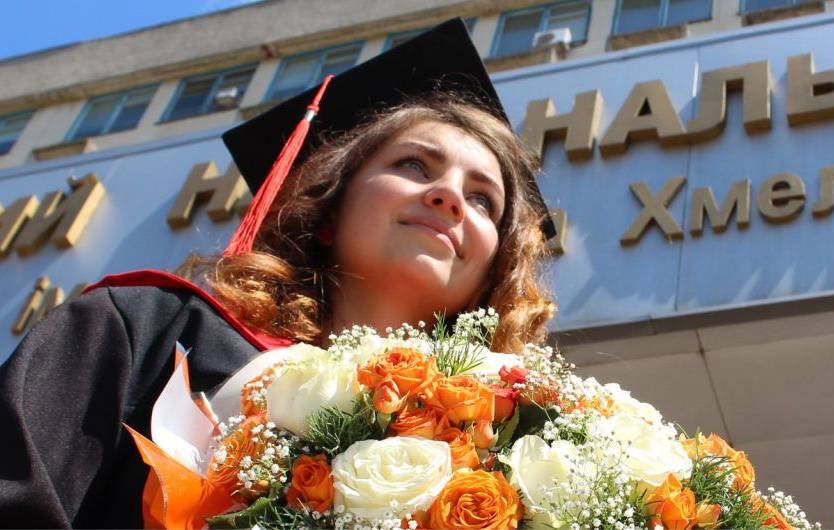The second methodological seminar of the participants of the Jean Monnet project “Challenges and Opportunities for EU Heritage Diplomacy in Ukraine” (2023-2026) was held at Bohdan Khmelnytsky National University of Cherkasy.
Professors Svitlana Zhabotynska, Nataliia Zemziulina, Doctor of Philology Oksana Pietsukh, Candidate of Philological Sciences Tetiana McGowan, and 4th-year students of the Educational-Scientific Institute of International Relations, History and Philosophy (majoring in “International Relations”) discussed the importance of studying the role of historical monuments and cultural sites in international politics. The discussion also focused on the specifics of analysing case studies in which cultural heritage becomes the object of diplomatic disputes or cooperation, as well as the application of an interdisciplinary approach in practical research that integrates diplomacy with communication technologies, history, sociology, and management.
Within the framework of the work package “Strategic Communication on Ukrainian Heritage”, the seminar participants not only monitor the media of nine Western countries (the theme of seminar I, in which students of the Educational-Scientific Institute of Foreign Languages also participated), but also monitor the activities of Ukrainian embassies in these countries. The team from Bohdan Khmelnytsky National University of Cherkasy is closely cooperating with the team from the University of Canterbury, Christchurch, New Zealand (work package coordinator – Professor Nataliia Chaban) on this project task package.
Students Oleksandra Tarasova, Yelyzaveta Klochko, Vadym Strunin, Yuliia Klymenko, Viktoriia Lysenko, Maryna Sidorova, Kyrylo Luzin, and others, based on their own research, spoke about the peculiarities of communication practices in specific countries, taking into account their political and historical ties with Ukraine, and also emphasized the importance of applying a strategic approach to presenting information about Ukrainian heritage. Extensive work has been carried out to analyse the social media platforms of Ukrainian embassies in terms of the objective representation of the historical past of Ukraine, worldview traditions, civilizational achievements and the unique culture of the Ukrainian people, and the heroic present. Based on the results, recommendations will be prepared for the Ministry of Foreign Affairs of Ukraine and the Ukrainian Institute.
Practical case studies formulated by students and lecturers are also important for further work on the development of the educational programme “International Relations”, offering a vision of how the introduction of heritage diplomacy can transform students’ understanding of diplomatic relations between countries and the role of heritage in shaping these relations.
Nataliia Zemziulina, Professor at the Educational-Scientific Institute of International Relations, History and Philosophy












